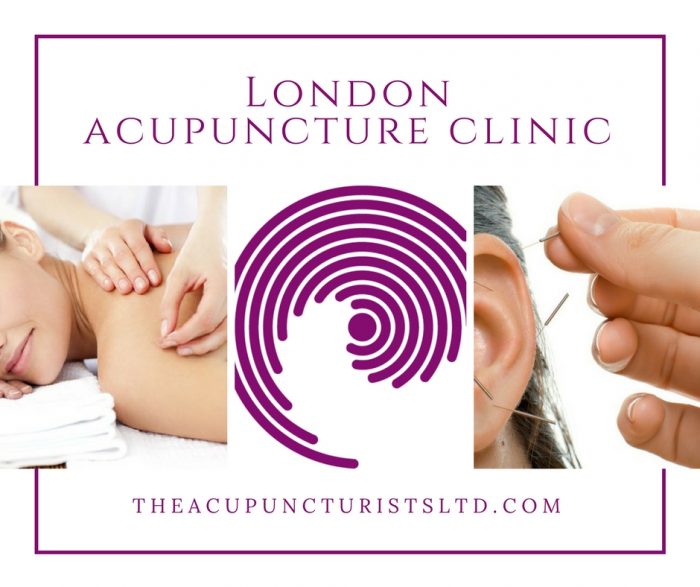Acupuncture is a practice that falls in the category of Traditional Chinese medicine. As such, it uses several concepts, which serve to explain the world around and the human body’s functions. It creates a ready solution for many of the mental and physical issues that trouble the people of today. If you wish to test the acupuncture treatment, you will find the following concepts quite interesting:
The energy of Qi (pronounced Chee)
This is a concept that stands as the foundation of Chinese medicinal thinking. Even though it is fundamental to the understanding of the East, there is no exact translation to serve a Western mind. Qi is the force that activates all of the vital functions and processes in the human body. It exists with the five main functions that each of us performs in their life: movement, heat, transformation and vitality. If you want to look at Qi in another, more cosmic scale, it is basically the principle behind all life and movement. An ancient Chinese proverb states that the human body can possibly survive days without water and weeks without food, but it will not live a single second without Qi.
There are actually different types of Qi, which the Chinese medicine distinguishes between. Some Qi is in the body, while some are in the environment (Air and Earth Qi, respectively). In particular, the human body possesses prenatal and postnatal Qi (Yuan and Zong). Yuan is all about what humans acquire from their parents – genetics if you wish. It shapes every aspect of a person’s history, heritage and constitution. Zong Qi is all about the Essence of Food and Grain Qi (Gu), as well as Air Qi (Kong).
Because traditional Chinese medicine is function-based, it pays close attention to the organs, the physiological systems and their interrelationship.
Meridians
Did you know there are more than 800 acupuncture points in the human body? What most of them have in common is that they align with the meridians. These are basically energy pathways, connecting to the body’s major organs: Yin (lungs, spleen, pericardium, kidneys, liver) and Yang organs (gallbladder, triple burner, bladder, small and large intestine). 8 of the most important meridians function solely to regulate the flow of Qi.
Many things can block the flow of Qi – stress, trauma or an external cause. This creates a blockage in the meridians, congestion upstream of the meridian and deficiency downstream of the blockage. Acupuncture aims to remove this blockage by targeting the affected meridians and fixing the functions of the related organs.
Yin and Yang theory
This is an ancient philosophy, according to which the universe evolved from an empty state (Wuji) to a state of movement (Taiji) via the principles of Yin and Yang. The main principle is Yang, which serves to create and generate, while Yin maintains and nourishes. Both are complementary and highly relative, meaning that everything is neither one of them, except when related to another.
The 5 elements theory
The Chinese cosmology classifies 5 elements of nature: wood, earth, metal, fire and water. These interact with each other; sometimes in beneficial ways, sometimes in a conflicting manner. When they are related to the human body, the elements characterise the functions of the different organs. As a dysfunction appears, it is the interaction among the elements that are assessed. For instance, if someone has a problem with their heart, they may benefit from a treatment of their kidneys.
All of these concepts are very important to Traditional Chinese Medicine, which is what acupuncture is part of. The next time you do an acupuncture session, you will know more what it is all about.










Read 0 comments and reply